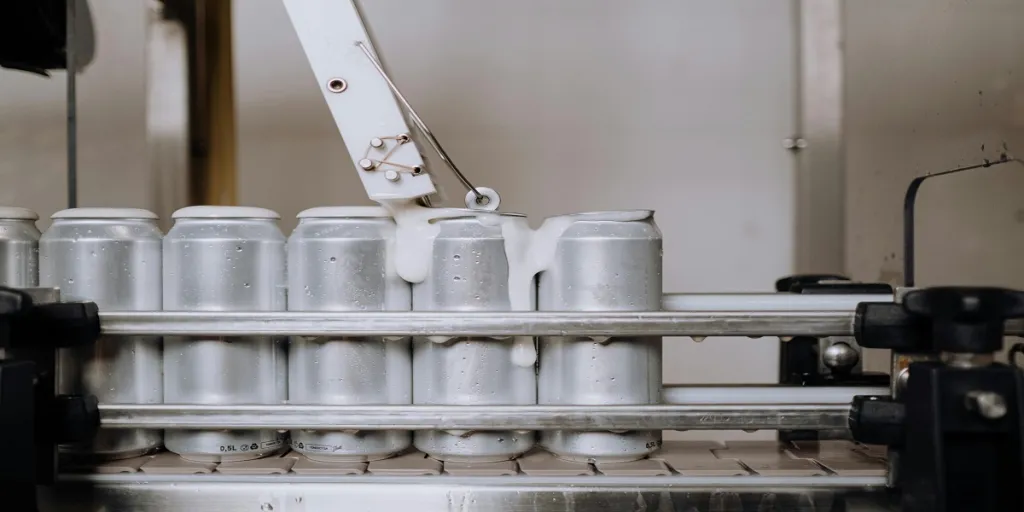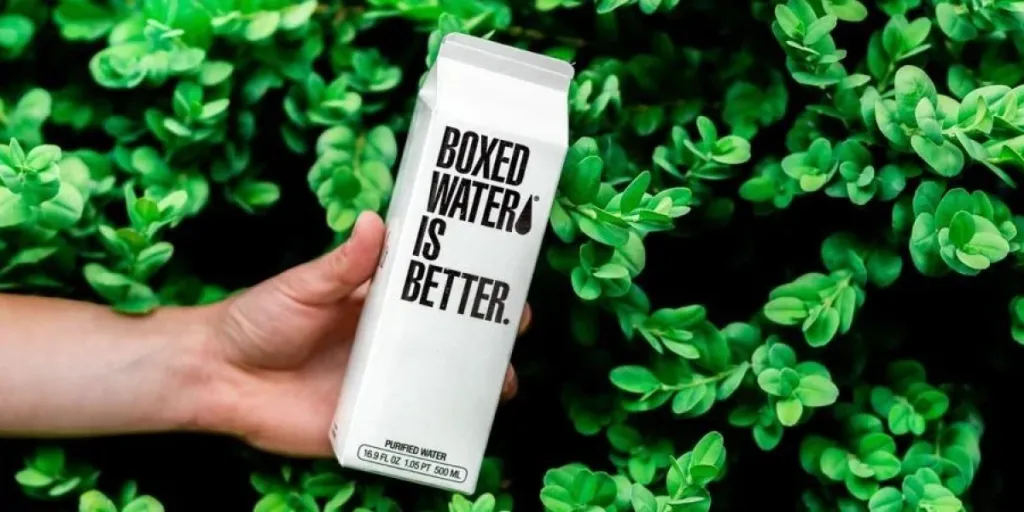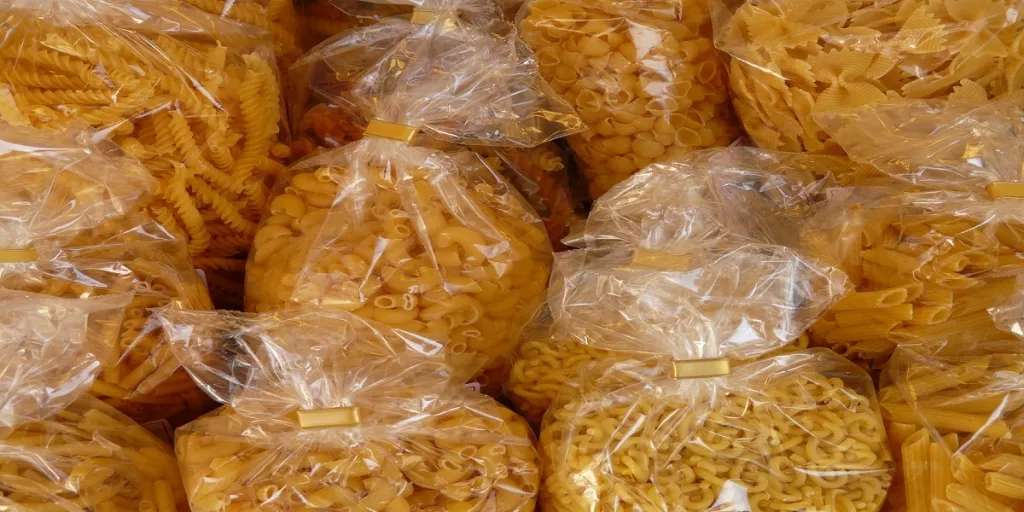From beverages to healthcare, each market segment prompts companies to navigate a dynamic landscape with creativity and a commitment to a greener future.

The packaging industry plays a crucial role in preserving, protecting, and promoting products across various sectors.
Each market segment within this industry caters to specific needs and demands, presenting a unique set of characteristics, advantages, disadvantages, challenges, and opportunities.
Let’s delve into the key segments that shape the landscape of the packaging industry.
1. Beverages:
The beverage packaging segment is characterised by its dynamic and innovative nature. Packaging for beverages encompasses a wide range, from glass and plastic bottles to cans and cartons.
One advantage of beverage packaging is its focus on convenience, with many options designed for on-the-go consumption. However, the industry faces challenges related to sustainability, as single-use plastics and excess packaging contribute to environmental concerns.
Opportunities lie in developing eco-friendly alternatives and adopting recyclable materials, addressing both consumer demands and environmental consciousness.
2. Food:
Packaging in the food industry is diverse, reflecting the broad array of products it caters to, including fresh produce, frozen goods, and processed foods. Sealed pouches, vacuum packaging, and sustainable materials are prevalent in this segment.
Advantages include extended shelf life, tamper resistance, and informative labelling. However, challenges arise with the increasing demand for sustainable packaging and the need to balance preservation with environmental considerations.
Opportunities abound for innovation in biodegradable materials, smart packaging technologies, and streamlined supply chains.
3. Healthcare:
The healthcare packaging segment focuses on ensuring the safety and integrity of pharmaceuticals and medical devices. Characteristics of healthcare packaging include stringent regulations, tamper-evident features, and often the need for sterile packaging.
Advantages include maintaining product efficacy and protecting against contamination. Challenges include compliance with evolving regulations and the need for specialised packaging for temperature-sensitive medications.
Opportunities lie in developing smart packaging solutions for real-time monitoring and adherence tracking, enhancing patient safety.
4. Home care:
Packaging for home care products, such as cleaning agents and detergents, emphasises durability and user-friendly designs. Characteristics include robust containers, often made from materials resistant to chemicals.
Advantages include easy dispensing and secure containment of potentially hazardous substances. Challenges include addressing environmental concerns related to plastic waste and creating sustainable packaging solutions.
Opportunities exist in the development of refillable packaging, concentrated formulas, and eco-friendly materials to reduce the environmental impact.
5. Personal care:
The personal care packaging segment caters to cosmetics, toiletries, and skincare products. Characteristics include aesthetic appeal, often with a focus on design and branding.
Advantages lie in attracting consumer attention through visually appealing packaging. Challenges include balancing aesthetics with sustainability, as many personal care products traditionally use non-recyclable materials.
Opportunities exist in creating innovative, sustainable packaging solutions, such as compostable materials and refillable containers.
6. Pet Care:
Packaging for pet care products, including pet food and accessories, shares similarities with both food and personal care packaging. Characteristics include durability, freshness preservation, and often an emphasis on pet-friendly designs.
Advantages include convenient packaging for pet owners and maintaining product quality. Challenges include addressing sustainability concerns and the environmental impact of single-use packaging.
Opportunities arise in developing eco-friendly packaging solutions and incorporating technology for improved convenience and traceability.
7. Specialty cartons:
Specialty cartons cater to unique products that may require custom shapes or sizes. Characteristics include versatility and the ability to create distinctive packaging for niche markets.
Advantages include enhanced branding and shelf appeal. Challenges involve production costs associated with specialised designs.
Opportunities lie in offering customisable and sustainable solutions, meeting the specific needs of diverse products.
8. Technical applications:
Technical applications in packaging involve specialised solutions for industries like electronics, automotive, and industrial equipment. Characteristics include protective materials, anti-static features, and customised shapes.
Advantages include ensuring the safe transportation and storage of sensitive components. Challenges involve the need for constant innovation to keep up with evolving technical requirements.
Opportunities exist in developing smart packaging solutions for tracking and monitoring technical components throughout the supply chain.
The future of the diverse market segments in the packaging industry
The packaging industry is a dynamic and multifaceted landscape, with each market segment presenting its unique set of challenges and opportunities.
Sustainability, innovation, and compliance with evolving regulations are key factors influencing the future of packaging across all segments.
As the industry continues to evolve, companies that prioritise environmental responsibility and embrace technological advancements will likely thrive in this ever-changing market.
Source from Packaging Gateway
Disclaimer: The information set forth above is provided by packaging-gateway.com independently of Chovm.com. Chovm.com makes no representation and warranties as to the quality and reliability of the seller and products.




